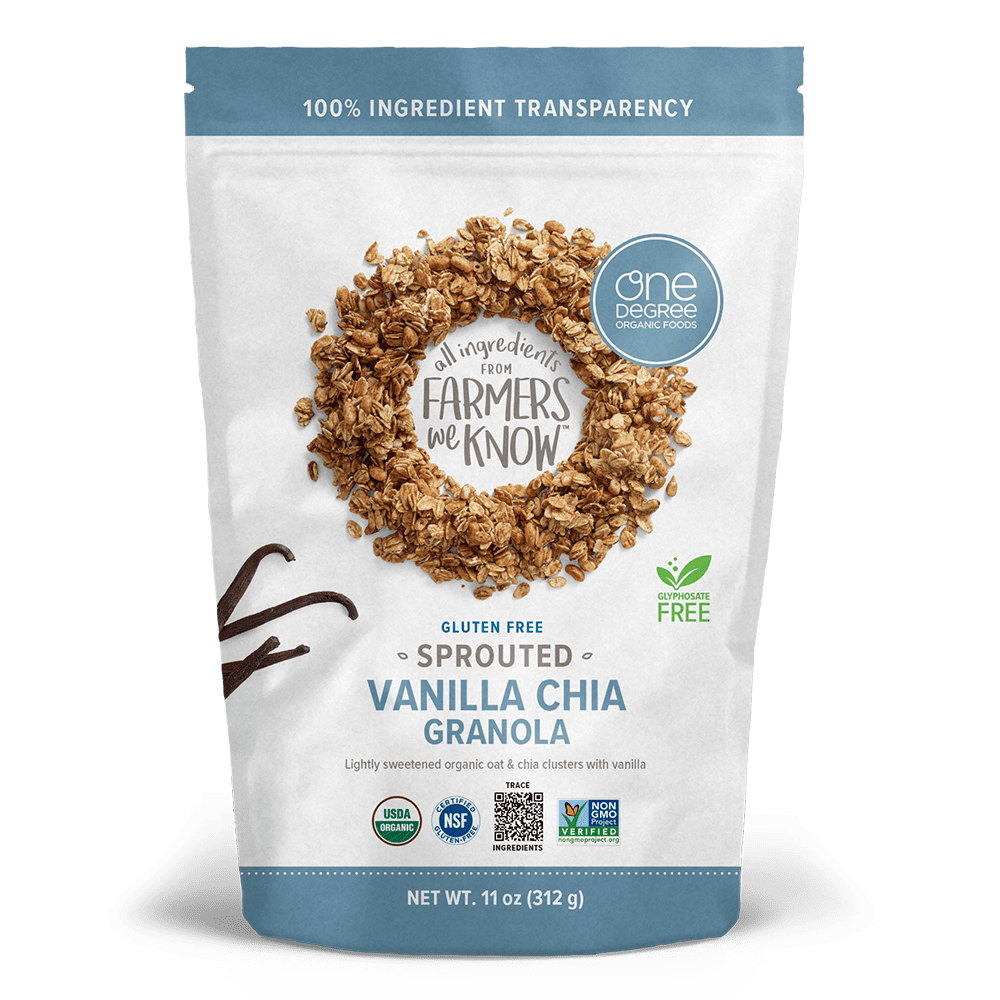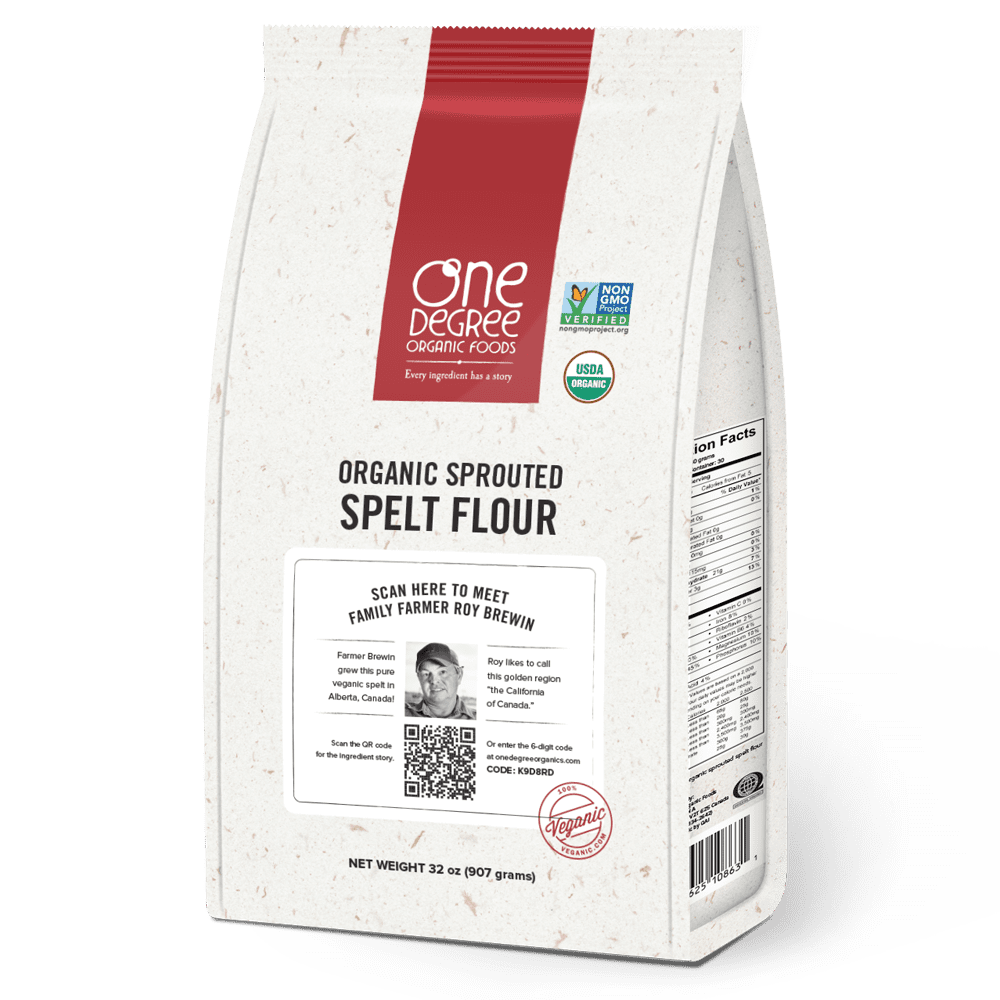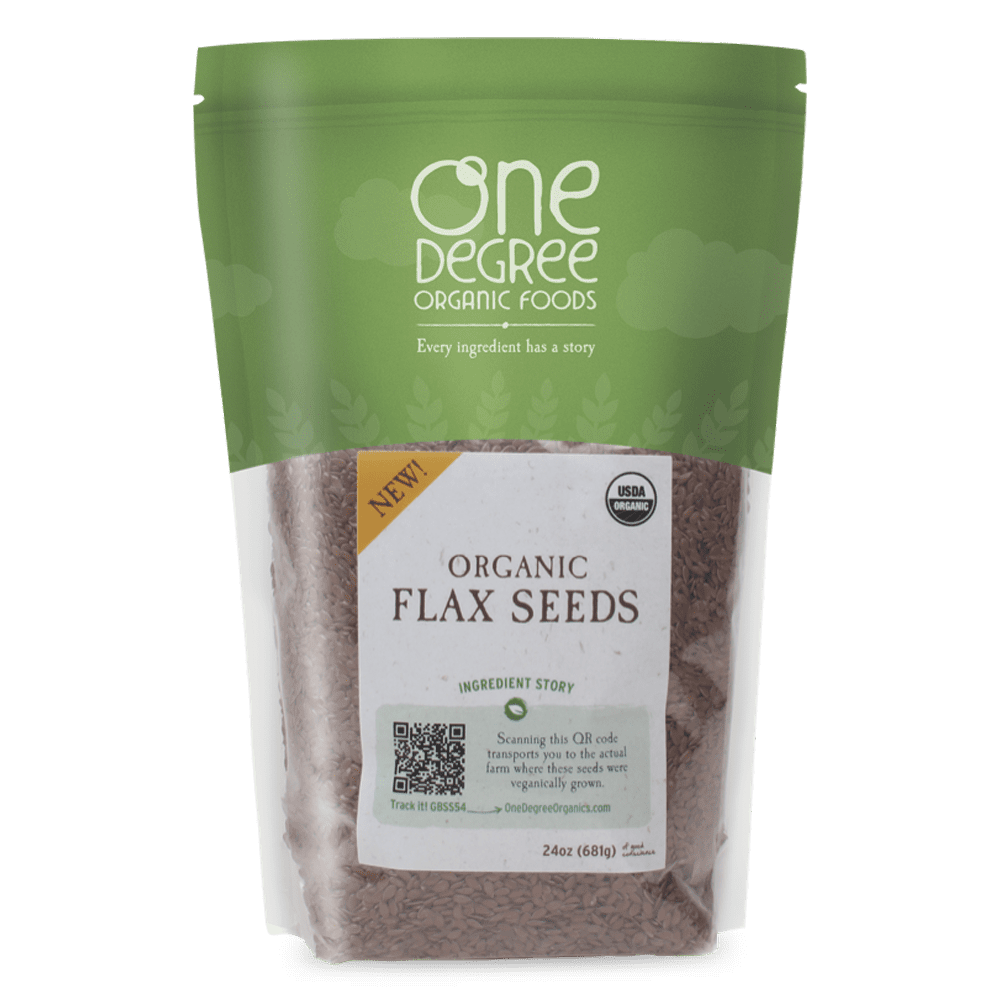Honeybush
Bitou
On the eastern coast of South Africa, on the gentle rolling slopes above the banks of the river from which it takes its name, Bitou Honeybush Tea grows, harvests, and processes the organic honeybush leaves we use in our Goldenberry Honeybush Tea-Infused Granola.
Native to the Eastern and Western Cape regions of South Africa, this close relative of rooibos was prized as a traditional medicine by the Khoisan indigenous peoples of Southern Africa and used for centuries before it was introduced to the world as honeybush tea.
Traditionally wild-harvested, cultivated honeybush—grown sustainably as it is on Bitou’s 32-hectare organic honeybush plantation—helps meet growing demand for this antioxidant-rich caffeine-free leaf while protecting wild honeybush populations.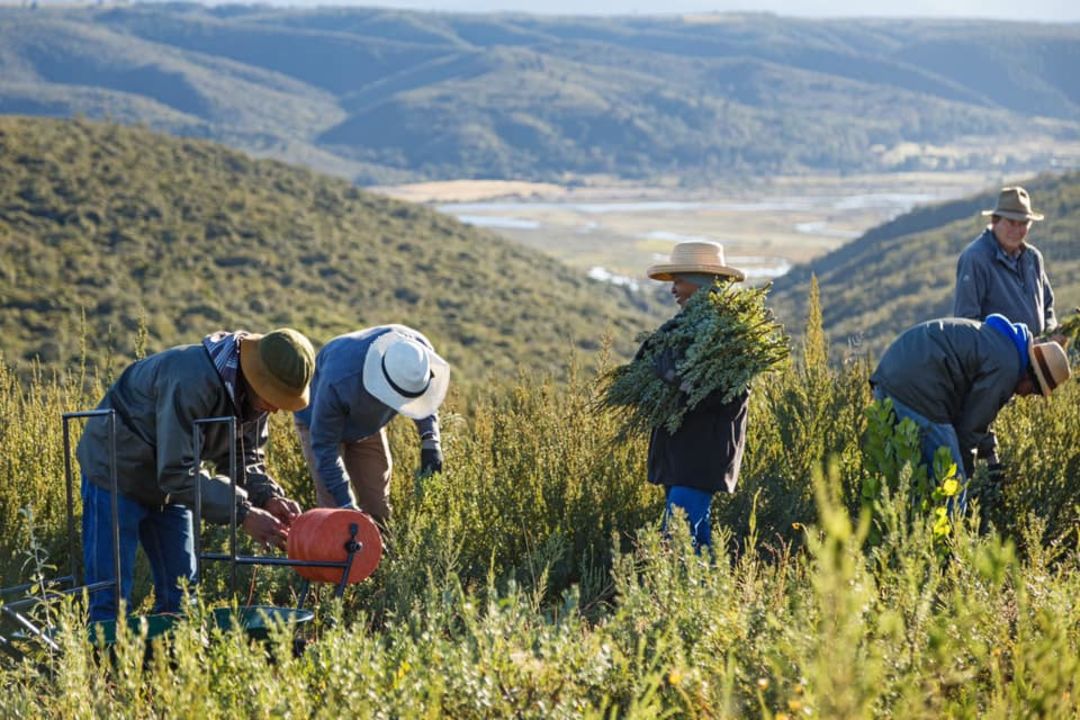
For Bitou Honeybush Tea, sustainability is woven into every choice they make at every step. Certified organic “from seed to sip” as they say on the farm, Bitou Honeybush Tea manages the entire production cycle of their crop.
Seeds collected from the plantation’s most robust plants—spared from harvest and allowed to bloom each season—are started in their nurseries, planted by hand, and cared for with artisanal attention.
Because honeybush is a dryland crop, the extra care taken in the first few months between the nursery and the field helps new shrubs establish strong roots that will support healthy growth for the life of the plant with as little water as possible. To further minimize water use, the Bitou Honeybush Tea farm uses pine mulch to help keep moisture in the soil. And whatever water they use to irrigate freshly-planted seedlings comes from rainwater collected on the farm.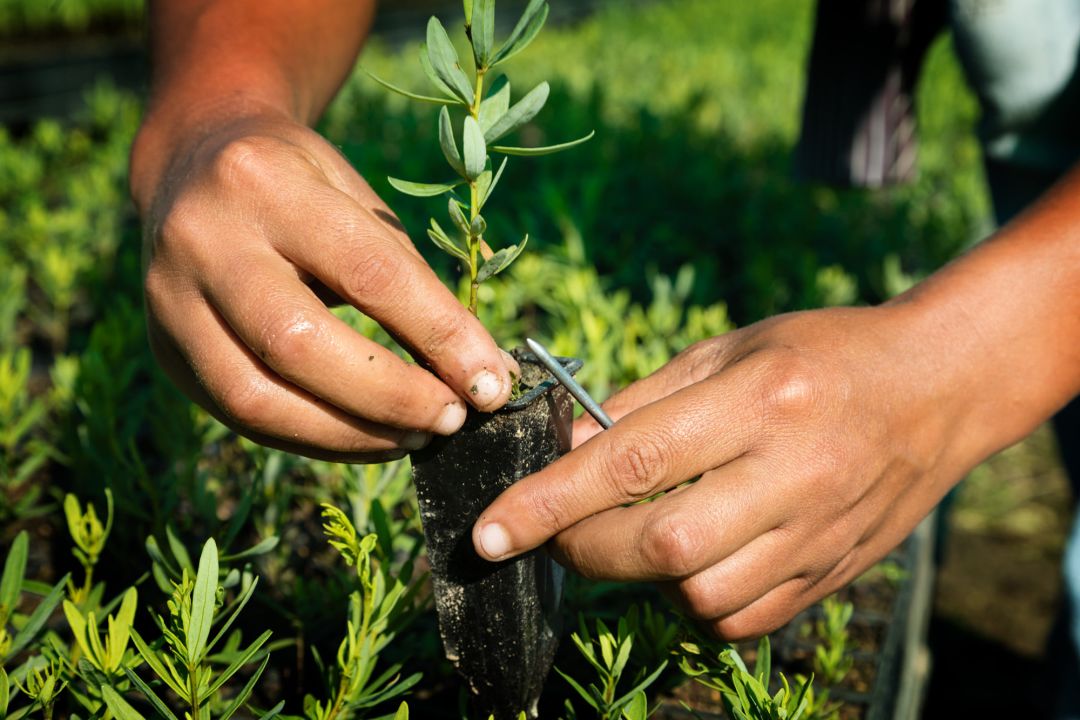
Bitou’s organic honeybush grows alongside the dense low canopy of an untouched indigenous forest that’s home to a wide variety of native birds—like the beautiful Knysna lourie—and wildlife including caracul, bushbuck antelope, and wild pigs.
Recognizing that the local flora and fauna all have a part to play in the health of the ecosystem, Bitou allows natural vegetation to grow alongside their honeybush shrubs as a means of integrated pest management. This has a two-fold benefit—the insects eat the other plants and leave the honeybush alone (no pesticides or insecticides required), and it’s a biodiversity-friendly approach to farming.
When spring arrives and the honeybush plants are aglow with their bold yellow blossoms and sweet honey aroma, native pollinators like the carpenter bee are first on the scene, followed by African worker bee. They share the bounty of pollen and nectar with the honeybees from a local beekeeper who keeps his hives on the farm.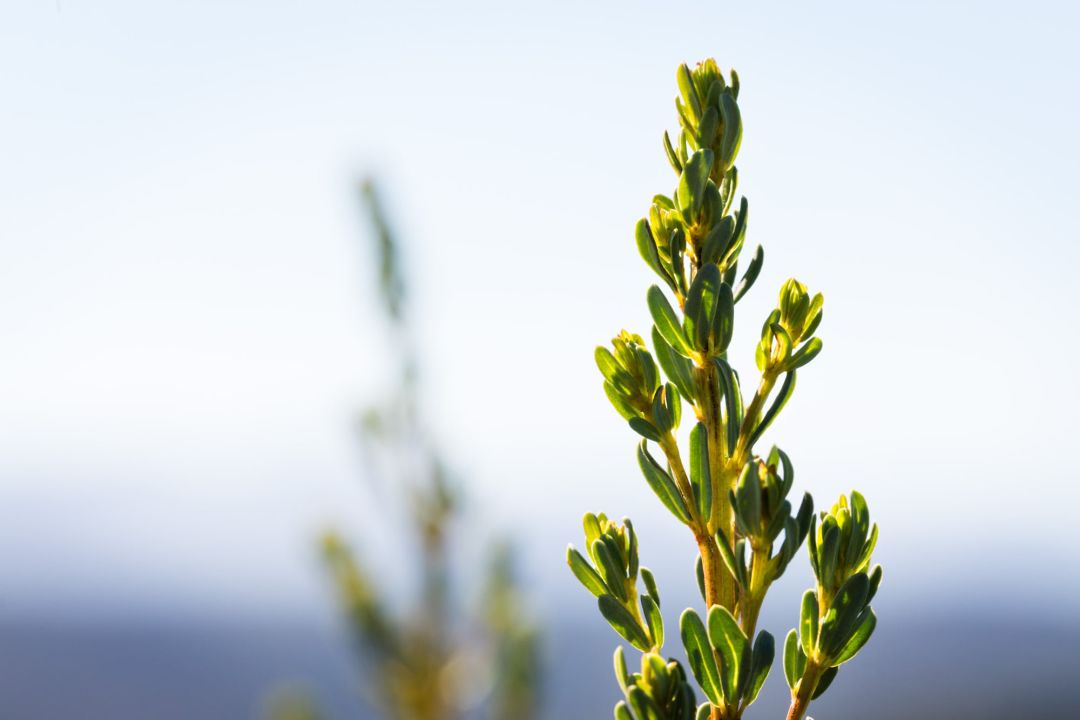
Bitou Honeybush Tea is sustainably hand-harvested to ensure the plants have enough leaves left to support regrowth and healthy future harvests. Only carefully selected stems from no more than two-thirds of the plant are cut each season.
Although honeybush was traditionally picked, fermented in piles, and sundried, Bitou takes a modern approach to processing their crop. To make sure each batch of organic honeybush tea is consistently of the highest quality, Bitou Honeybush Tea ferments the chopped leaves and stems in carefully controlled conditions in stainless steel vats, then gently oven dries them.
Bitou grows two varieties of honeybush—Cyclopia subternata and Cyclopia longifolia—each with complementary properties for growth, color, and flavor. After they’re harvested, fermented, dried, and sifted, as a final step, leaves from both varieties are expertly blended to create a perfectly balanced honeybush experience your cup (or in our case, in our granola!)
This commitment to organic farming and sustainability makes Bitou Honeybush Tea all the sweeter. That’s why we’re proud to use their carefully crafted leaves in One Degree Organics Goldenberry Honeybush Tea-Infused Granola.


